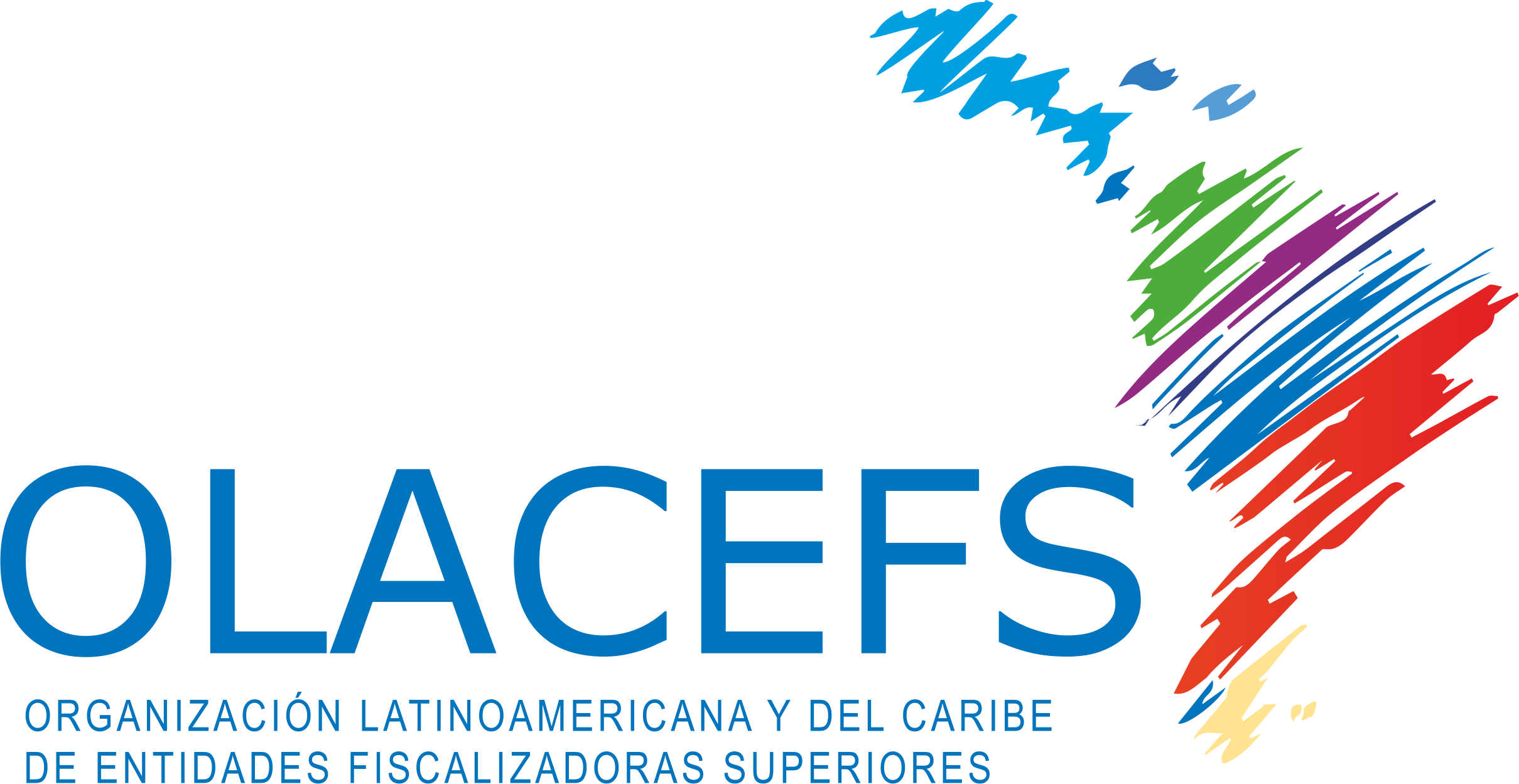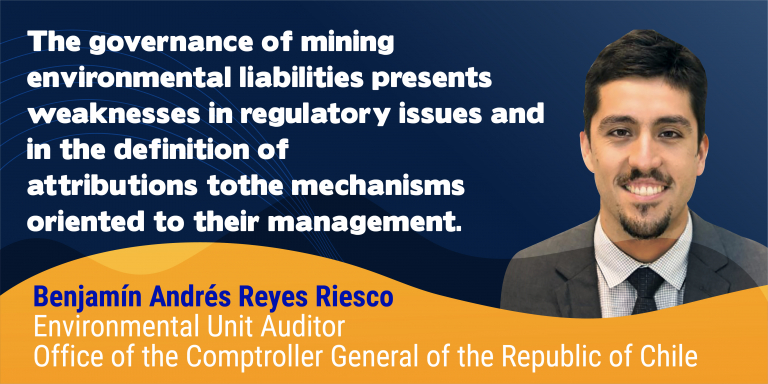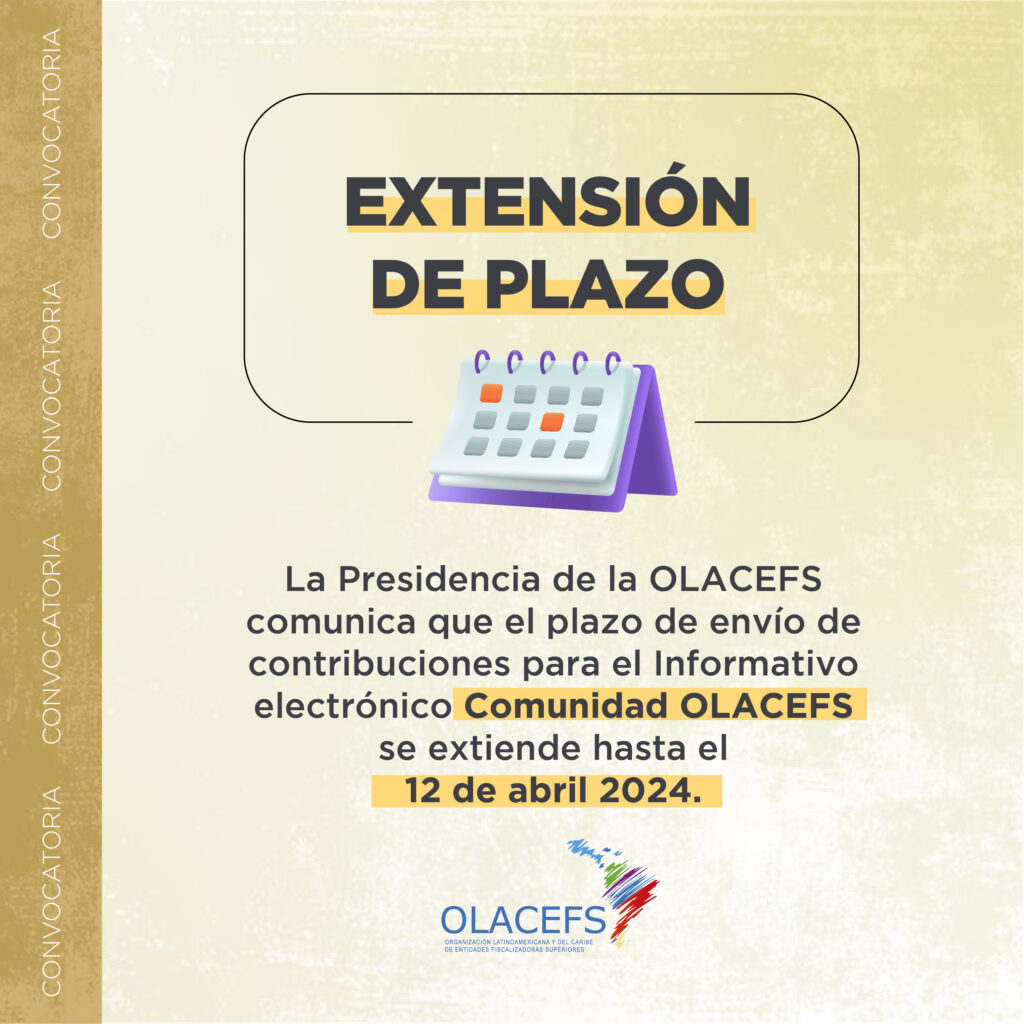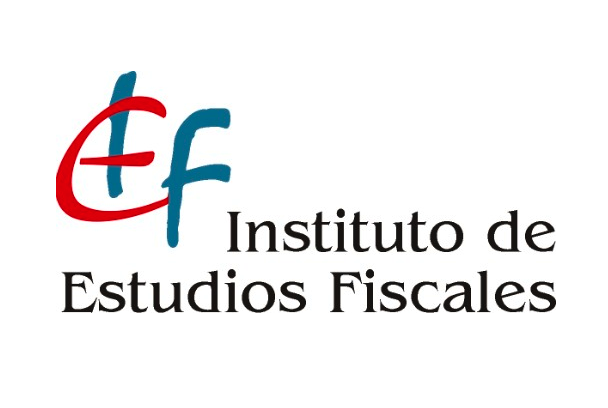Benjamin Andrés Reyes Riesco
Environmental Engineer
Environment Unit Auditor
Office of the Comptroller General of the Republic of Chile
The crisis generated by the COVID-19 pandemic has promoted the optimization of the actions taken by States to protect and assist citizens. As a result, public control has had to be strengthened, seeking to generate a strong impact on development and conducting public policies aimed at dealing with the crisis or other matters of public concern. In this order of considerations, external control on environmental matters becomes relevant as it allows us to analyze States’ actions from a broad perspective and, in the case we wish to reference, using a regional approach.
In this setting, since July 2020, the Coordinated Audit on the management of Mining Environmental Liabilities (MELs) has been carried out in Latin America and the Caribbean, led by the CGR of Chile, with the thirteen Supreme Audit Institutions participating as well as 2 subnational Audit Institutions. The Audit focuses on the corrective management of the MELs, emphasizing the evaluation of the Governance Structures for their management, and considers, as the central axis, the attention given to this environmental problem from the tools and possibilities of action that represents us, in particular, the 2030 Agenda approved in 2015 and its SDGs 12 and 15, seeking to promote an effective management of all mining waste and chemicals, throughout their life cycles, in order to minimize their adverse effects on safety, life, human health and the degradation of natural habitats that are affected by so-called MELs.
This collaborative process arises from the results obtained in the 2015 coordinated audit on Environmental Liabilities, led by the SAIs of Mexico and Peru, where opportunities for improvement were observed for the region ‘s countries regarding the risks generated by the MELs. This situation was evident in a vital economic sector since, historically, the extraction of natural resources of mining origin constitutes a central axis in the regional economy.
Under this scenario, and taking into consideration the environmental effects of the mining industry and the possible risks associated with human health and ecosystems, according to their level of exposure and vulnerability, for example, due to the inappropriate disposal of waste with the presence of heavy metals, the presence of acid mine drainage or the collapse or runoff of tailings dams, among others, numerous mining sites have been abandoned without adequate closure, generating a liability from the environmental perspective with mining origin, with its consequent risks.
As observed in the Planning and Training Workshop of the coordinated audit, held virtually over the month of June 2020 – with the participation of 74 auditors from 13 countries – the participating teams were able to recognize that the problem caused by the presence of MELs is a factor shared by a large part of the region’s countries, while the responses and attention given by the States is dissimilar, presenting weaknesses in the configuration of governance structures such as the construction of regulatory frameworks, definition of attributions and/or in the implementation of different mechanisms oriented to its management.
Therefore, the contribution that the results from this coordinated audit on MELs can make is relevant, seeking to evaluate and contribute to the management of these structures to encourage the adoption of founded and prioritized actions that aim to the protect the population and environment exposed to the negative impacts that MELs generate.
About the Author:
Benjamín Reyes is an Environmental Engineer, Master in Environmental Management and Regulation from Universidad de Santiago de Chile. He is currently Auditor of the Environment Unit of the Office of the Comptroller General of the Republic of Chile and Technical Coordinator of the Coordinated Audit on Environmental Liabilities of the OLACEFS.





